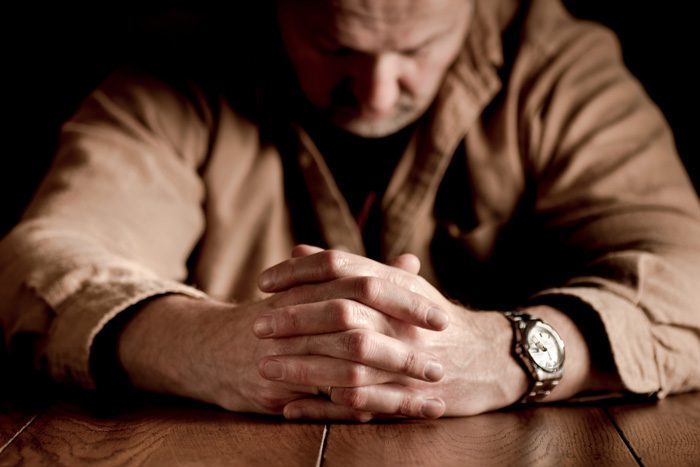 Suffering from PTSD and addiction is like being on a dangerous roller-coaster ride.
Suffering from PTSD and addiction is like being on a dangerous roller-coaster ride.
Many people who are suffering from addiction may not even be aware that symptoms of PTSD are at the root of the issue.
Post-traumatic stress disorder (PTSD) is a mental health condition that’s triggered when someone has either experienced or witnessed a terrifying or traumatic event. The U.S. National Library of Medicine defines a traumatic experience as, “an experience that causes physical, emotional, psychological distress, or harm. It is an event that is perceived and experienced as a threat to one’s safety or to the stability of one’s world.”
PTSD was thrust into the public eye through returning war veterans who had suffered or witnessed the traumatic events of war. Through extensive research on PTSD, the definition of traumatic events has become broader and more mainstream. PTSD can be triggered by car accidents, natural disasters, child abuse, rape, and more.
If someone is experiencing symptoms of PTSD, such as intrusive and distressing memories, nightmares, feeling hopeless and disconnected from others, being easily startled, and having trouble sleeping or concentrating (among many other symptoms), they may choose to self-medicate with alcohol or drugs. They may not realize they have a diagnosable mental health issue that can be treated with therapy and medication. They may think their only option is to avoid the pain and fear as much as possible by keeping themselves numb. Or, they may know they have PTSD but feel hopeless that it will ever improve.
Suffering from a mental health disorder such as PTSD is hard enough as it is. When coupled with addiction, the symptoms intensify, leaving the person feeling in need of even more substances to escape. When PTSD and addiction occur together, regardless of which one came first, it is called a “co-occurring disorder” and requires specialized treatment of both disorders at once. The good news is that treating PTSD and addiction (or any other co-occurring disorder) is possible with the right treatment.
If you or someone you love is experiencing the effects of PTSD and addiction, we urge you to reach out for help. Millions of people have recovered from PTSD and addiction. It may not be easy, but it is possible and very much worthwhile.
Contact us today if you or your loved one is suffering from PTSD and addiction. We can start you on the road to recovery.
